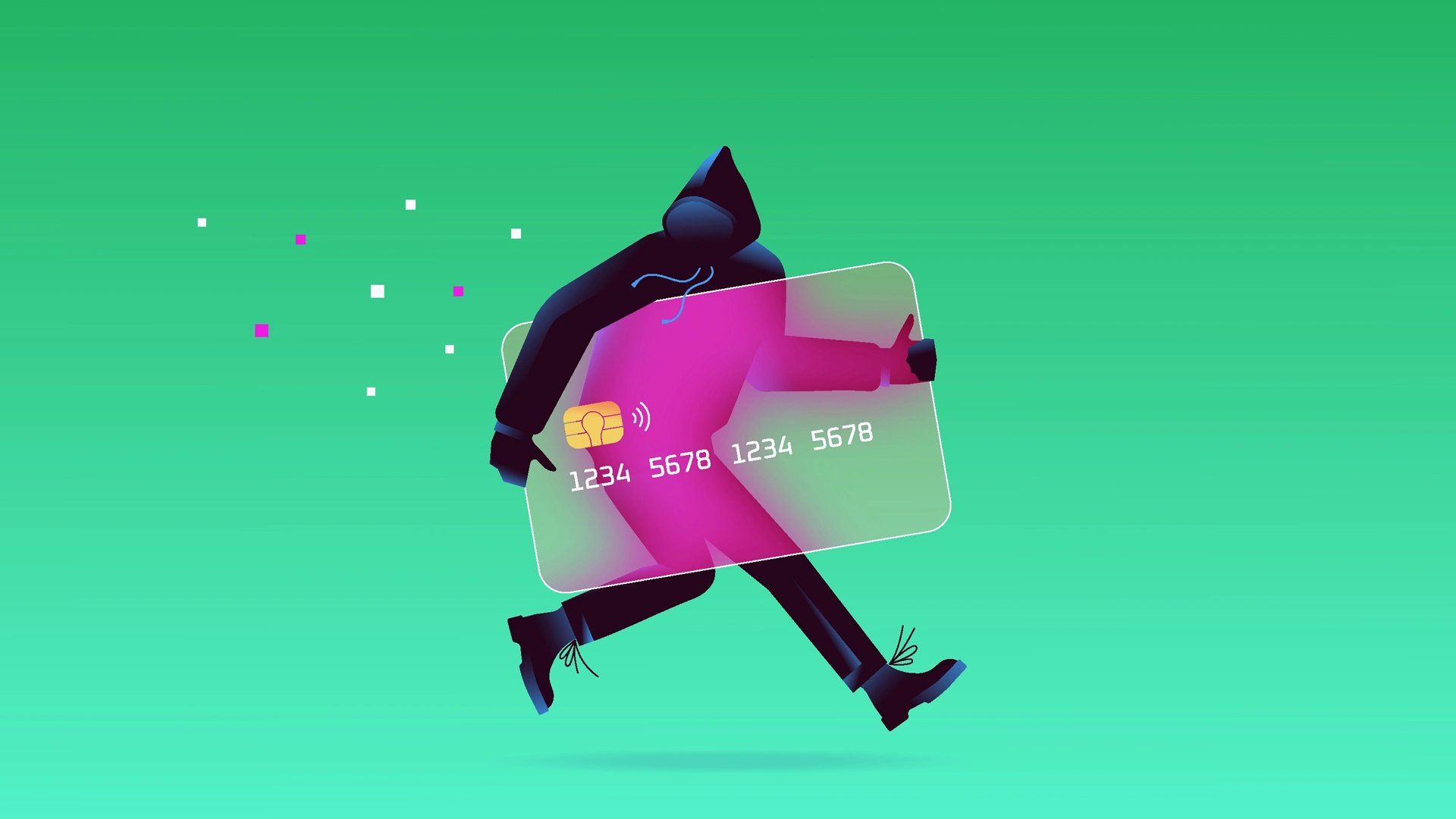
Security experts at Visa are warning of a surge in scams targeting entrepreneurs looking to create and market their businesses online. In a new blog post released Thursday, Visa revealed that its in-house Visa Scam Disruption service has identified and stopped more than $1 billion in fraud attempts in the last year alone—and small businesses and entrepreneurs are not immune.
Working with banks and law enforcement, Visa says it has dismantled more than 25,000 malicious merchants in the last year. These include scams that have cost small businesses and would-be business owners tens of millions of dollars, says Michael Jabbara, Visa’s Global Head of Fraud Services.
“One of the things that we’ve realized is that one shouldn’t have any preconceived notions about who scammers are going to go after,” Jabbara says. “In this specific scenario, one of the interesting trends that we have seen is that these scammers would pose themselves as professional consulting outfits that are there to help SMBs and entrepreneurs.”
Fraudsters promise services like website design and marketing for a low fee, and tout incredibly high returns on that investment, he said. Sometimes they take the money and run, but in other cases, the scammers escalate, asking for more and more money—and even steal their victims’ identities to open credit accounts in their name.
Featured Video
An Inc.com Featured Presentation
And just like legitimate businesses, scammers are leveraging AI to grow their frauds in scale and efficiency, Jabbara said.
What causes people to fall for this marketing scam?
At its base, the new business scam follows a playbook that Stacey Wood, a professor of psychology at Scripps College, has seen many times: Once you’re hooked, the scammers will often manufacture a crisis, such as needing to buy a specific software, in order to coerce their victim into giving them more money. If the victim has no more money to give, fraudsters often pose a quick fix, like opening a new credit card account.
Entrepreneurs can also be sucked in by sophisticated tactics, like fake, glowing reviews, or dummy websites for companies that look the part but which don’t really exist, explains Cameron Malin, a cybersecurity expert and a former FBI special agent.
If someone has already spent their entire marketing budget on the scam, then they may feel like they have no alternative but to keep going, Wood says, adding that scammers often play on emotions like hope and fear. This behavior is known as the “sunken cost fallacy,” Malin says,
Unfortunately, everyone is susceptible to being scammed—and because of AI, online business scams are only going to become more common, according to Roger Grimes, a cyberdefense expert at security training firm KnowBe4. He pointed to the rise of AI generated deep fakes and chatbots that can spit out what reads like highly credible and authoritative information, making attackers even harder to spot. “I think we’re just in the middle of this transformative period where AI is starting to be used a lot by the bad guys,” he says.
Jabbara agrees: “That’s one of the interesting things about the evolution of these AI tools, is that they’ve really democratized the ability of scammers to enter the market, because now you have tools that can make you successful from day one.”
Still, there are red flags and techniques people can use to protect themselves online.
How small-business owners can better protect themselves online
Business owners need to take their security seriously from the moment they decide to set up their company, Malin says. One step to protect yourself is to ask the person you’re talking to for proof of their work, and for contact information for other clients that you can reach out to. If they can’t provide that, then it’s time to walk away, he says.
Grimes added that if the contact information for the service provider or their would-be clients are suspicious in any way, such as a personal email instead of a business address, or a telephone number that goes to a voice over IP, then they are likely a scam. Similarly, if you’re communicating with someone on a legitimate platform like LinkedIn and they ask you to use WhatsApp or Signal instead, that’s a sign the service is not legitimate, he said.
Another top red flag for Wood is if the rules of the game change: If someone promises you a service and sets a fee, and suddenly they can’t deliver without more money or they make some other strange request, that’s a moment to reconsider, she says.
One simple way would-be entrepreneurs can protect themselves from these kinds of scams is to slow down, a technique Malin calls “slow thinking.” Sleeping on it, talking to someone else, and carefully deliberating the pros and cons of every decision rather than rushing ahead are all powerful ways to avoid falling prey to fraud, he says. “It’s the old Spidey sense of, is this good too good to be true?”
In the future, Grimes believes that AI agents will be trained to fight off scams, like an anti-virus software might do today. “I’ve been doing this 38 years, and I’ve never really had any hope, but I think AI, on the good side, actually gives me hope that we’re going to finally start making a dent,” he says.
That’s something Visa is already leveraging, Jabbara says. “That’s the only way that we’ve been able to significantly scale our impact. It is certainly through the leveraging of our people and their expertise and experience, but it is amplifying that expertise through the use of AI and generative AI.”
Small-business owners aren’t the only targets for scammers, Visa says. Among the other malicious attacks their Scam Disruption service has discovered, some are frauds targeting travelers. For example, scammers may do this by impersonating airlines or travel agencies, or even tricking consumers into paying for fake TSA PreCheck and Global Entry applications.
For Visa, the work of protecting consumers from scams starts at the infrastructure level, Jabbara says. “We’re looking at, what are the websites that these scammers are using? What accounts are they leveraging to monetize their scam?”
AI gives his team the power to look at vast amounts of data efficiently, mapping patterns that can then be investigated and analyzed by their experts. Then, Visa can stop the scam before it even reaches the consumer, he explains.
“The AI allows us to hit our scale because it gives our people the superpowers that they need to go and do this at a much larger level than what was previously possible,” Jabbara says.



